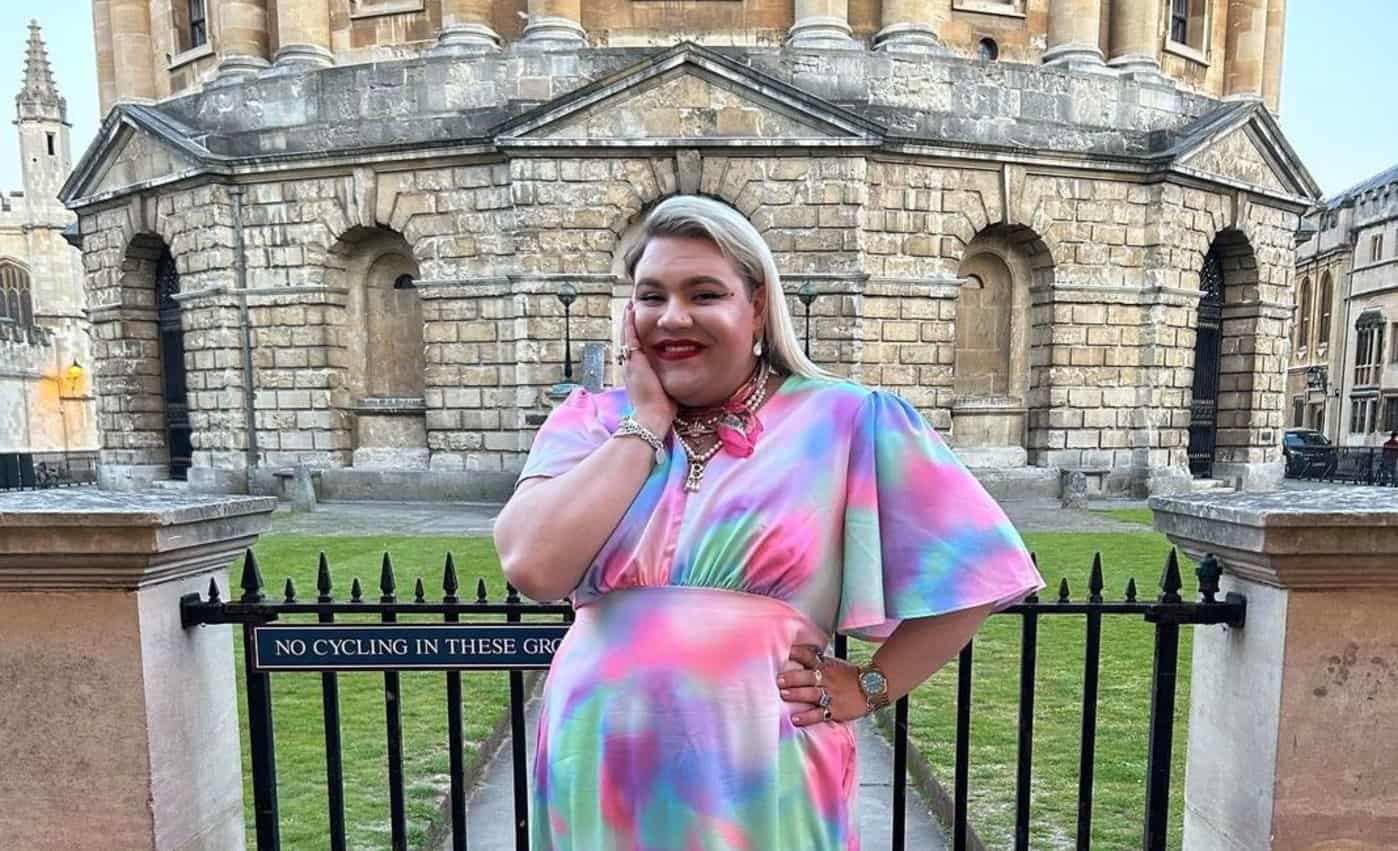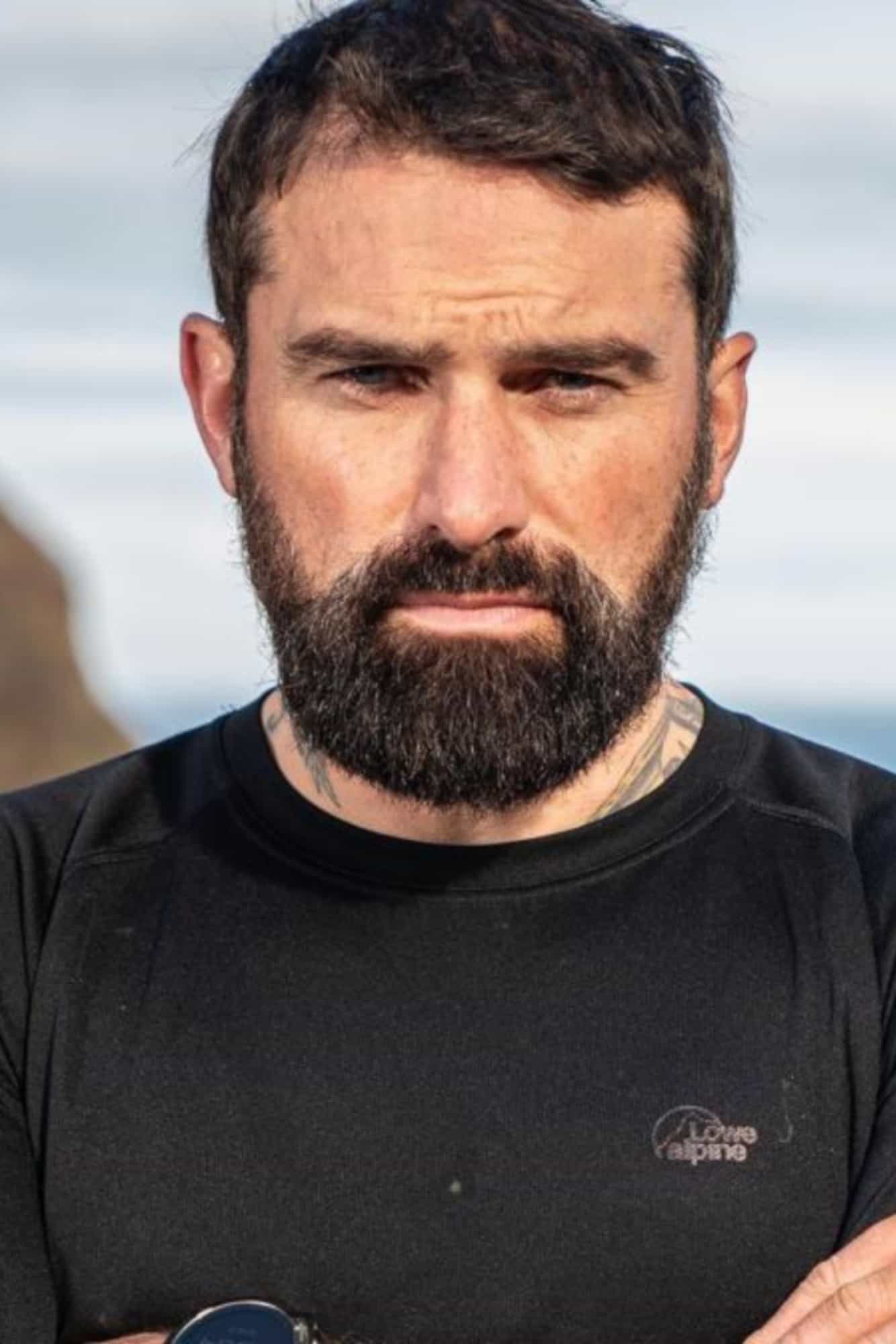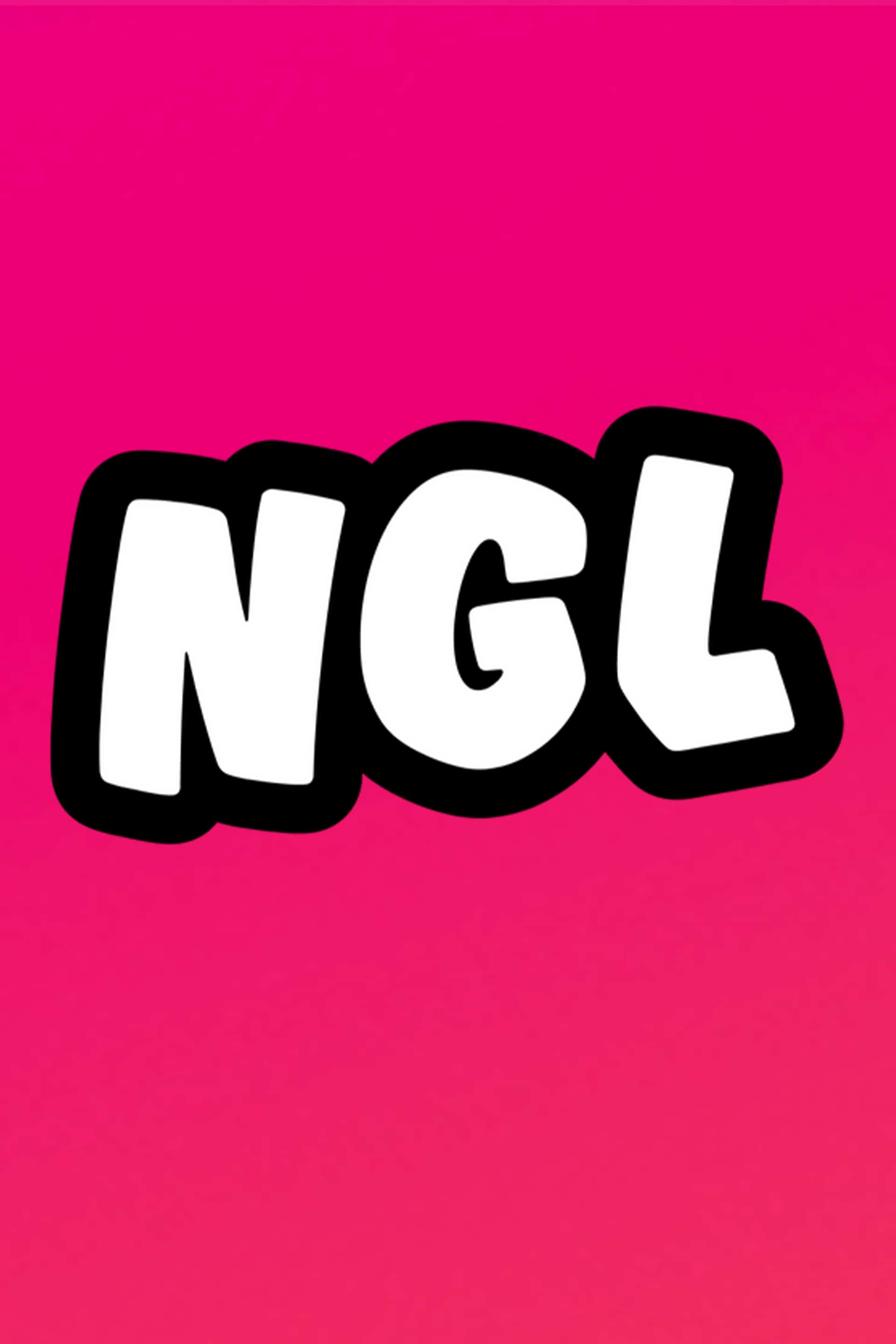Companies have a moral obligation to protect influencers from vicious online attacks linked to brand campaigns. Marketing managers must monitor and filter comments on ads, and more importantly, they must continue to support the creator if the content receives backlash.
This isn’t a new phenomenon, yet brands continue to fail influencers. In October, fashion TikToker Bibi (BeeButten) discussed the trolling she received on a sponsored video for an unnamed brand. She explained that compared to other creators’ ads (which had between three to seven comments), her post had 130 comments that were “vile” and attacked her appearance.
Bibi has a rare form of ptosis called Marcus Gunn jaw winking syndrome, which affects the muscles in her eyelid. In the comments of the sponsored video, which she clarified she had consented to, users called her “ugly” and “deformed”. Her followers were quick to note the video Bibi referred to was an advert for Adobe. They called for the company to take action.
You may also like
Sponsored content is typically intended for influencers’ followers, but due to TikTok and Instagram’s algorithms, adverts are often now served to thousands of people who have no awareness of them. This is what can lead to trolling.
Bibi isn’t the only creator to lack public brand support when a campaign has gone wrong. In April, US trans TikToker Dylan Mulvaney’s sponsored Reel for Bud Light sparked outrage from US conservatives and made headlines. Her advert accumulated more than four million views and 12,800 comments – many of which were transphobic. Following this, the beer company’s year-on-year sales dropped 17%.
Rather than standing by Mulvaney and doubling down on its support for the trans community, Bud Light distanced itself from the campaign. In June, Mulvaney shared she had experienced “more bullying and transphobia than I could have ever imagined.” She was scared to leave her house, ridiculed in public and followed.
As she explained: “For a company to hire a trans person and then to not publicly stand by them is worse, in my opinion, than not hiring a trans person at all because it gives customers permission to be as transphobic and hateful as they want.”
Reposting influencer content to brand platforms can also result in a backlash as Marks & Spencer discovered after publishing a sponsored video by Sarah Corbett-Winder onto its fashion Instagram. While this had been received well on the influencer’s platform, M&S’ followers were highly critical of her content style to the extent that the brand stated it would delete hurtful comments.
Outside of influencer brand deals, media companies are introducing procedures to limit trolling. In May, ITV’s Love Island outlined its duty of care protocol to protect contestants’ wellbeing. This included training, suspending their social media accounts while in the villa (these were previously overseen by friends or family) and support both before and after filming.
A final note: Standing by influencer collaborators is a better long-term strategy than ignoring or accepting them being trolled. After all, it is ultimately their audience you are trying to engage. Any indication you have not genuinely bought into them will tarnish the positive relationship you could have with their followers.
Also think about having guidelines to protect your social media-facing employees, such as those who regularly appear in branded content, from hate. Mute comments if needed and provide mental support to these creators, who essentially become part of your brand during the duration of the campaign. This infrastructure will lead to confidence in dealing with criticism online and make a clear statement about your priorities as a brand.
By Caroline Edwards, CORQ news and features writer.










TikTok trolling: Do its creators receive more hateful messages than any other social platform?